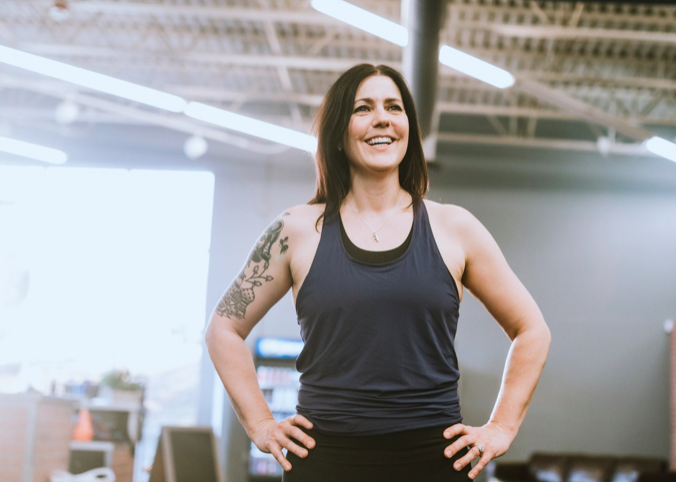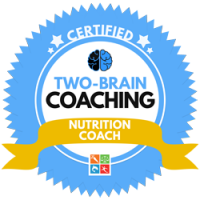If any period of time has the potential to leave you feeling timid, it’s got to be these last two rollercoaster years. And whilst self-belief isn’t everything, it’s a crucial ingredient in helping you unlock your potential in those areas where you want to feel challenged. Like a muscle, you can train your self-belief to become stronger and more flexible.

What’s going on in the brain when you feel confident?
The bonding hormone oxytocin, which allows you to take ‘healthy’ risks (think those that are more likely to lead to success!), is activated in the brain. This increases testosterone in both men and women, which raises your confidence levels. This makes us more likely to feel joy and excitement.
Are some people just ‘born’ confident?
This is a common myth, but confidence is not a trait: it is a habit. Confidence is mostly taught through culture and experience. Whilst there are some traits that society tends to associate more with confident people (such as being an extrovert rather than an introvert, or being the kind of person who is more open to new experiences). But, of course – you can have confident introverts too!
So can you make a habit of believing in yourself?
YES. Habits are deeply embedded neural pathways in the limbic system and brain stem. You can create a new pathway, but it’ll take practice to cement it. You will need to make a conscious decision to change and focus your attention on that change, and practice it deliberately.
Where should I start?
Start by thinking about YOUR past successes. If you can’t think of a particular one of your own, try to identify another person you can relate to who has achieved what you want, and focus on believing it is possible. Start keeping a journal of your successes – this doesn’t need to be a pink spiral notebook beside the bed.. it could simply be a folder of photos on your phone that portray moments of confidence and success. Perhaps a snap from a big hike you did in the summer… or a team photo after an especially hard workout…Revisiting these when when you’re struggling to find the spark will help trigger the emotions you experienced in those moments, reinforcing the idea that you CAN relieve these feelings of self belief and accomplishment:
You’ve done it before, and you can do it again.
My workout starts in 1 minute… what can I do for a confidence boost?
Instead of thinking about what could go badly or what could go wrong, visualise yourself at the end of the workout, having completed what you set out to do, accomplished and proud. Often when we are lacking in confidence our body will reflect this: we’ll stoop or shrink, becoming rigid, leaving us feeling (and looking!) less confident. Consciously adopt a ‘strong’ posture; stand tall, shoulders relaxed, hands on your hips. Holding your body in a ‘power-pose’ can summon an extra surge of that feeling of power and a sense of well being, just when it’s needed most! For real: standing like this can stimulate higher levels of testosterone and lower the stress hormone, cortisol. The result? In addition to the desired hormone shift, we find ourselves with increased feelings of confidence and a greater tolerance for risk. How about it!
Practice makes…progress
The conclusion? Regularly practicing self belief will help build confidence as a habit – but it isn’t one-quick-fix forever job. Think of it just like you would a new movement or skill in the gym. How you have to stretch and warm up ever time, how you practice with bodyweight or a light load before going up, and how you have to KEEP practicing to maintain strength in that movement. This is exactly the same. So… practice. Practice self belief, and remind yourself regularly: you’ve got this.
Sources: Dr Tara Swart (The Source: Open Your Mind, Change Your Life, 2019), Julia Hanna (Harvard Business School Study, 2010)


